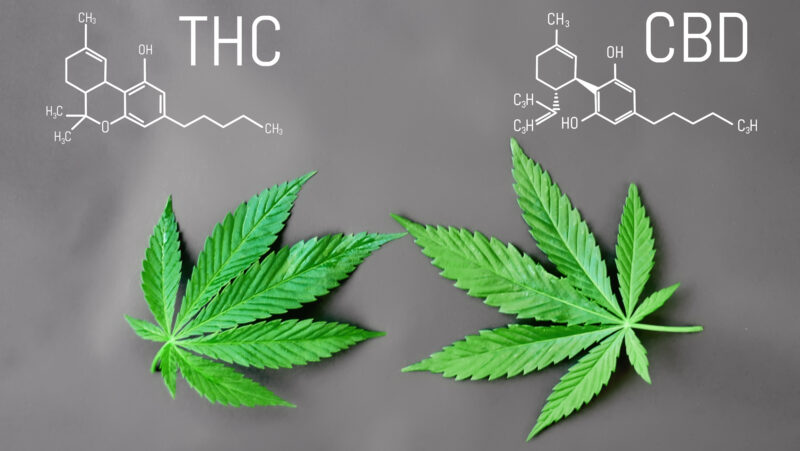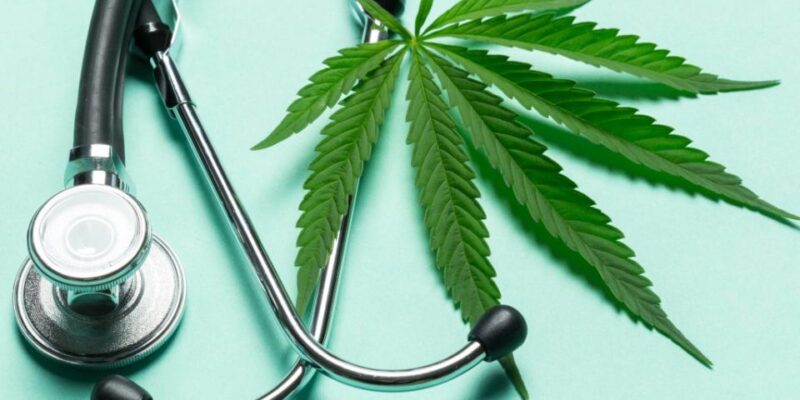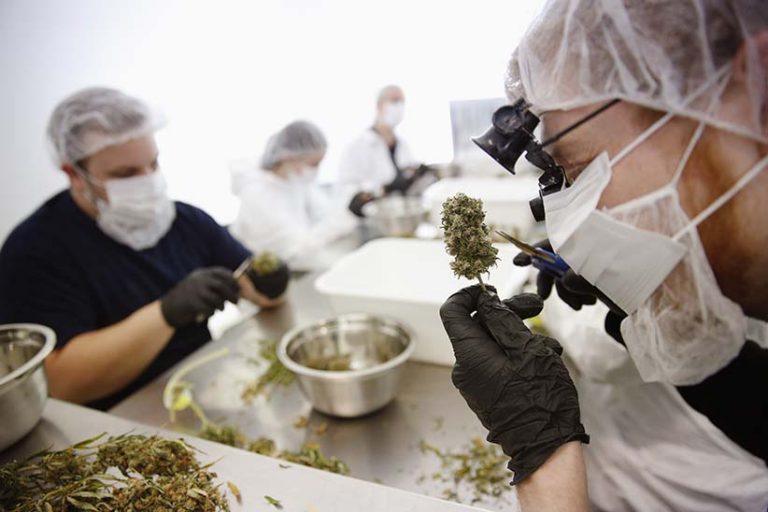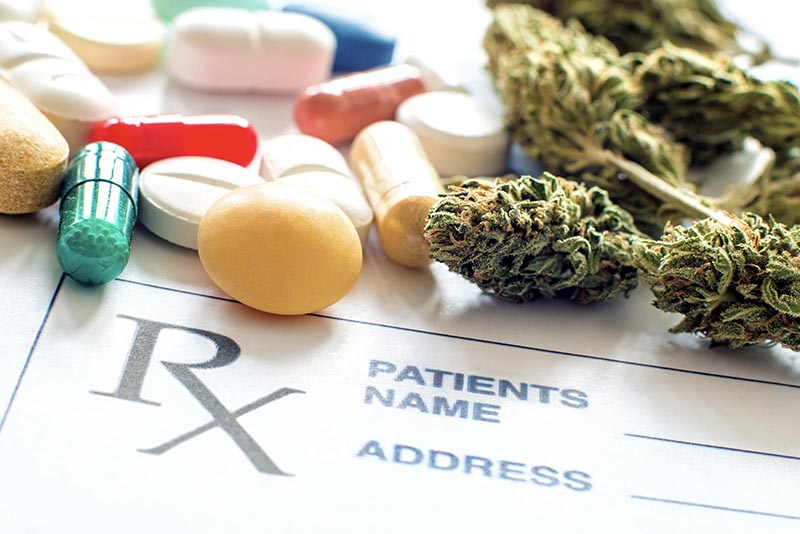One of the most commonly asked questions in the medical cannabis realm is whether or not it can be used to treat anxiety. The answer is not as simple and straightforward as it might appear. There are both medical and legal considerations to account for, along with the fact that people respond differently to all sorts of therapies.
The question of medical cannabis as an anxiety treatment has become more common as states have decriminalized medical cannabis consumption. The curiosity is further encouraged by claims among some in the pro-medical cannabis community that the drug is a sort of ‘wonder drug’ capable of helping almost anything.
The Medical Side of the Question
The medical side of the question is as simple as wanting to know whether cannabis effectively reduces anxiety. Unfortunately, there is no clear-cut answer. No doubt that plenty of medical cannabis users have claimed anxiety relief as a result of using the substance. On the other hand, others have reported feeling more anxious.
Differences in patient reports are partially due to differences in medical cannabis products. Not all cannabis medicines are the same. Different ingredients and differing levels of cannabinoids can impact patient experience. There is also the cannabinoid question itself.
THC and CBD

THC is the primary cannabinoid in marijuana. It is also the cannabinoid that produces the high associated with using the plant. CBD is the primary cannabinoid in hemp. Although it is believed to have therapeutic effects, it is not psychoactive in nature. CBD users do not get high by using it.
Studies looking at both cannabinoids and their effectiveness in reducing anxiety have produced some interesting results. A comprehensive review of existing scientific literature published in April 2023 revealed the following:
- THC ingestion at low levels tends to reduce anxiety.
- THC ingestion at high levels tends to increase anxiety.
- CBD ingestion at any level tends to reduce anxiety.
Of course, these are all general rules. Individual patients will have their own experiences with THC and CBD. Yet the general observations in scientific literature seem to indicate that CBD is a better choice. The great thing about CBD is that it is legal nationwide. Patients do not need a medical cannabis card to purchase it.
The Legal Side of the Question
The legal aspects surrounding whether medical cannabis can be used to treat anxiety are pretty straightforward. Legality boils down to state law. States with legal medical cannabis programs all have lists of medical conditions for which cannabis can be recommended. Those lists vary from one state to another.
The operators of Zion Medicinal, a medical cannabis pharmacy in Cedar City, UT, say that anxiety is not on the Beehive State’s list of approved medical conditions. A patient whose only condition is anxiety would be ineligible under state law. On the other hand, you might have a PTSD patient whose symptoms include anxiety.
Because PTSD is on Utah’s list of approved conditions, the patient’s doctor could recommend medical cannabis. The drug could potentially alleviate multiple PTSD symptoms, including anxiety.
Long-Term Effects

The long-term use of medical cannabis for anxiety treatment raises important considerations regarding tolerance, dependence, and cognitive function. Over time, patients may require higher doses to achieve the same therapeutic effects, a phenomenon known as tolerance.
This can lead to dependence, where the individual might experience withdrawal symptoms upon cessation. Furthermore, there are concerns about the potential impacts on cognitive function and mental health, with some studies suggesting that chronic use could affect memory, attention, and decision-making processes.
Patients and healthcare providers must weigh these risks against the benefits of using medical cannabis for anxiety relief.
Combination Therapies
Integrating medical cannabis into a broader anxiety management plan that includes therapy, medication, and lifestyle changes could offer a more comprehensive approach to treatment.
For some patients, medical cannabis might enhance the effects of cognitive-behavioral therapy or other therapeutic interventions by reducing anxiety levels and improving participation. However, it’s also necessary to consider the risks of interactions between cannabis and other medications.
A holistic perspective, underpinned by careful monitoring and collaboration between healthcare providers, can help to maximize the benefits while minimizing potential risks.
Quality Control

Ensuring the quality of medical cannabis products is paramount for patient safety and treatment efficacy. Quality control measures, including standardized cultivation, harvesting, processing, and labeling practices, are essential to ensure that patients receive consistent dosages and that products are free from contaminants.
The variability in cannabis strains, potency, and preparation methods can significantly affect therapeutic outcomes. As such, regulatory frameworks that enforce strict quality control standards are crucial to protect patients and ensure that they receive reliable and effective treatment for anxiety.
Regulatory Challenges
The classification of cannabis as a Schedule I substance in the United States poses significant barriers to research, limiting the ability to conduct comprehensive studies on its efficacy and safety for anxiety treatment.
This classification implies a high potential for abuse and no accepted medical use, which contradicts the growing body of evidence supporting medical cannabis’s therapeutic benefits.
Reforming these regulations could facilitate more robust clinical research, helping to clarify cannabis’s role in anxiety management and inform guidelines for its medical use.
Patient Education

Educating patients on the responsible use of medical cannabis is essential to optimize treatment outcomes and minimize risks. This includes providing guidance on dosing, understanding the potential side effects, and recognizing signs of adverse reactions.
Patients should be informed about the different strains and formulations of cannabis, as well as the onset and duration of effects associated with various consumption methods.
A well-informed patient is better equipped to make decisions about their treatment and to use medical cannabis effectively and safely for anxiety relief.
Alternative Forms
Exploring alternative forms of cannabis consumption, such as oils, tinctures, edibles, and topicals, offers potential advantages for anxiety treatment. These methods provide options for patients who prefer not to smoke or vape, allowing for more discreet and controlled dosing.
Each form has its own set of pros and cons, including differences in onset time, duration of effects, and ease of use. For instance, edibles may offer longer-lasting relief but can be more challenging to dose accurately.
Understanding the characteristics of these alternative forms can help patients and healthcare providers select the most appropriate method for anxiety management, tailored to individual needs and preferences.
Too Early to Tell
The bottom line in all of this is that it is too early to tell just how effective medical cannabis is as an anxiety treatment.
Some people swear by it while others say it either doesn’t help or makes their anxiety worse.
Until there is a clear consensus from the medical community, we will continue to have questions about whether recommending medical cannabis to treat anxiety is a smart move. It is a hard pill to swallow for people who believe medical cannabis is the answer.












